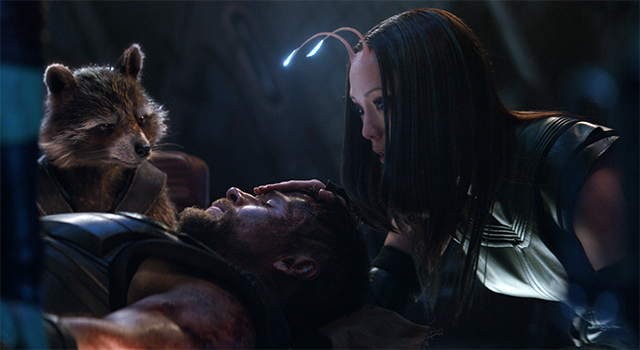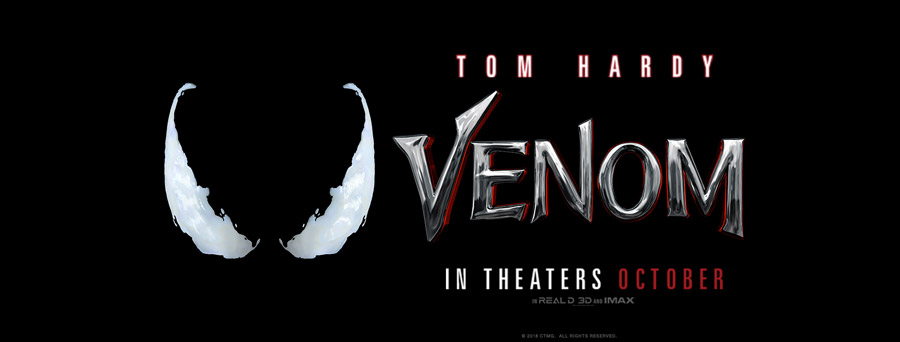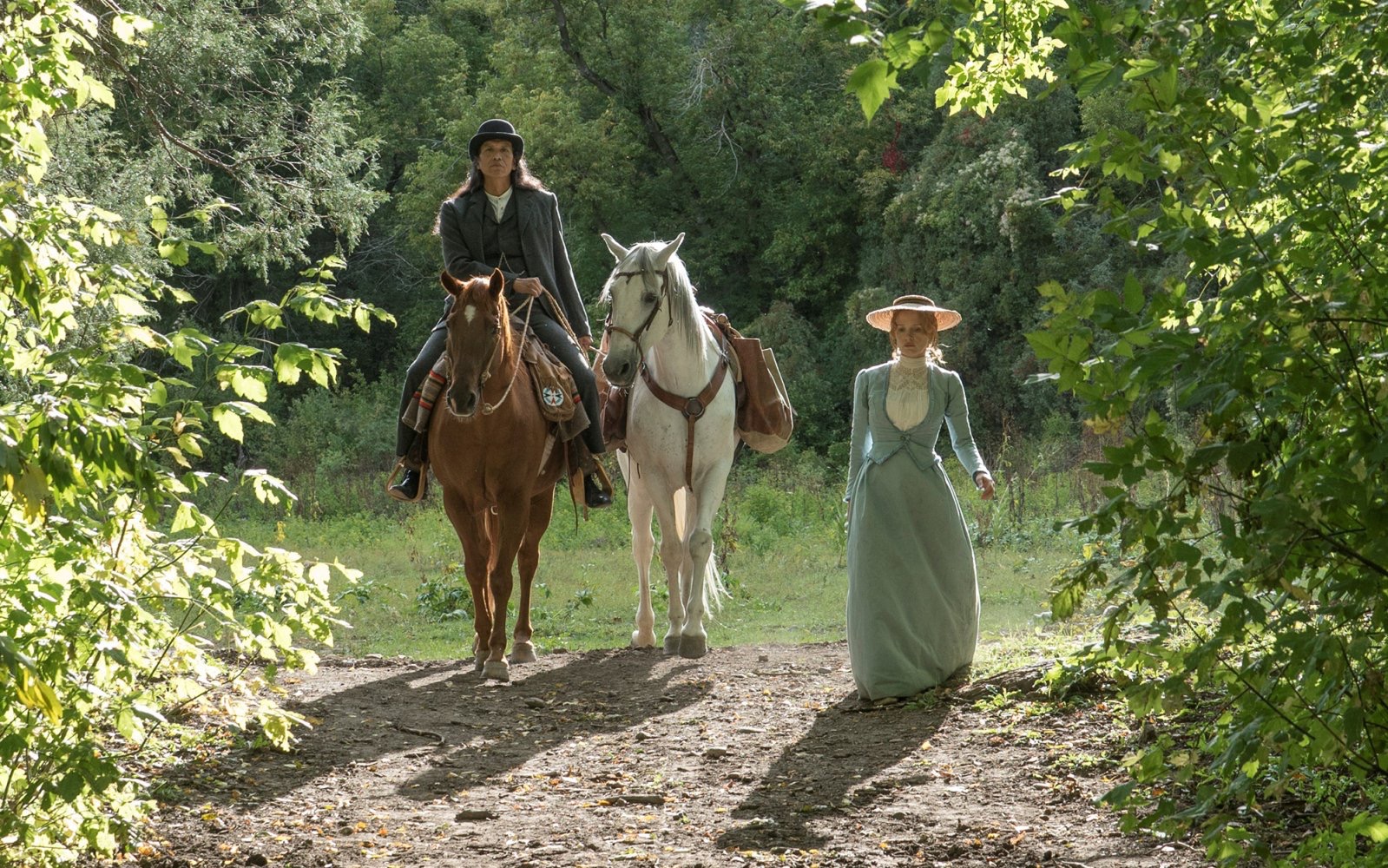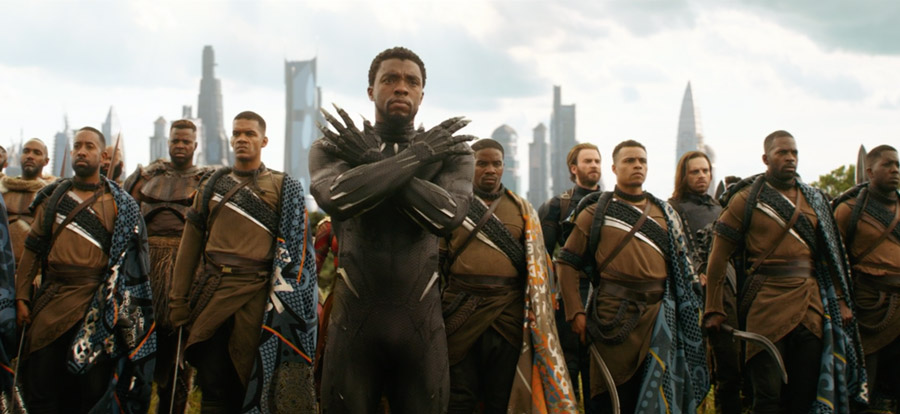The Week in Movie News: What's Next for the Marvel Cinematic Universe, a Full 'Venom' Trailer and More
Need a quick recap on the past week in movie news? Here are the highlights:
BIG NEWS
Marvel teased the future of the MCU: While promoting Avengers: Infinity War at a press junket this week, Marvel Studios boss Kevin Feige shared the latest on the next Spider-Man and Black Panther movies and hinted at possible Eternals, Nova and Moon Knight movies. Read more here and check out our own interview with Feige here.

GREAT NEWS
More Han Solo movies are possible: In a new interview, Alden Ehrenreich confirmed he has signed on for three Star Wars movies, meaning if Solo: A Star Wars Story is a big enough hit, we might see more of him as young Han Solo. Read more here.

SURPRISING NEWS
Star Trek 4 to be helmed by a woman director: A great surprise for fans of progress (as any Star Trek lover should be), S.J. Clarkson was named as the first woman to direct a Star Trek movie, with the next installment. Read more here.

COOL CULTURE
Avengers: Infinity War guides: In anticipation of the release of Avengers: Infinity War this week, many YouTubers have shared guides to the MCU and other set ups for the latest installment. Below is a funny sketch explaining what the different Infinity Stones do. Find more parodies, recaps and more here, here, here and here.
[embedded content]

EXCLUSIVE REVIEW
An expert take on Avengers: Infinity War: Our resident Marvel expert reviewed Avengers: Infinity War, calling it “a triumph of superhero filmmaking.” Read the whole take here.

MUST-WATCH TRAILERS
Venom reveals Venom: The first full trailer does better than the teaser and shows us the title character in all his maniacal glory, as in the suit, not just Tom Hardy being Tom Hardy. Watch it below.
[embedded content]

Crazy Rich Asians looks like a trip: The best-selling book is now a movie, and Crazy Rich Asians looks like it could be a surprise hit this summer, if only for the scene-stealing Awkafina. Watch the movie’s first trailer below.
[embedded content]

Woman Walks Ahead paints an appealing picture: The first trailer for the Jessica Chastain-led biopic of artist Catherine Weldon arrived with a beautiful period-piece look to it. Watch it below.
[embedded content]
and




